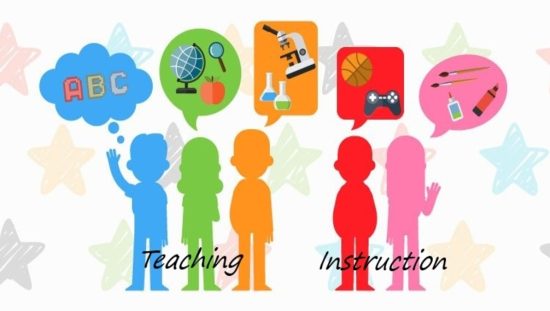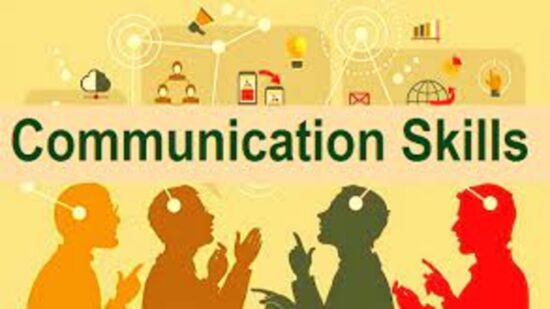Teaching: Definition
- “Teaching means many different things, that teaching act varies from person to person and from situation to situation.” (Bar, 1961)
- “The behavior or activities of persons as they go about doing whatever is required of teachers, particularly those activities which are concerned with the guidance or direction of learning of others.” (Ryan, 1965)
- “Teaching is the arrangement of contingencies of reinforcement under which students learn. They learn without teaching in their natural environment, but teachers arrange special contingencies which expedite learning and hastening the appearance of behavior which would otherwise be acquired slowly or making scene of the appearance of behavior which might otherwise never occur.” (B.F. Skinner. 1968)
- “Teaching as an act of interpersonal influence aimed at changing the ways in which other persons can or will behave.” (N.L. Gage, 1963)
What is a Teaching Skill?
Definition of teaching skill might be one of the following:
- A teaching skill is that behavior of the teacher which facilitates pupils’ learning directly or indirectly.
- A teaching skill includes all arts and behavior of the teacher which maximizes pupils’ learning.
- A teaching skill is that art of the teacher which makes communication between the teacher and pupils sufficiently.
Teaching Skills enlisted by Allen and Ryan
Attempts have been made to list teaching skills. Allen and Ryan listed the following teaching skills at Stanford University in the U.S.A.
- Stimulus Variation
- Set induction
- Closure
- Teacher silence and non-verbal cues
- Reinforcing pupil participation
- Fluency in questioning
- Probing questioning
- Use of higher questions
- Divergent questions
- Recognizing and attending behavior
- Illustrating and use of examples
- Lecturing
- Planned repetition
- Completeness of communication
Teaching Skills enlisted by B.K. Passi
B.K. Passi has given the following list of Teaching Skills in his book “Becoming Better Teacher; Micro-teaching Approach”:
- Writing instructional objectives
- Introducing a lesson
- Fluency in questioning
- Probing questioning
- Explaining
- Illustrating with examples
- Stimulus variation
- Silence and non-verbal cues
- Reinforcement
- Increasing pupil participation
- Using black board
- Achieving Closure
- Recognizing attending behavior
Teaching Skills enlisted by NCERT
NCERT (National Council of Educational Research and Training) in its publication Core Teaching Skills (1982) has laid stress on the following teaching skills.
- Writing instructional objectives
- Organizing the content
- Creating set for introducing the lesson
- Introducing a lesson
- Structuring classroom questions
- Question delivery and its distribution
- Response management
- Explaining
- Illustrating with examples
- Using teaching aids
- Stimulus variation
- Pacing of the lesson
- Promoting pupil participation
- Use of blackboard
- Achieving closure of the lesson
- Giving assignments
- Evaluating the pupil’s progress
- Diagnosing pupil learning difficulties and taking remedial measures
- Management of the class
OTHER RELATED POSTS



